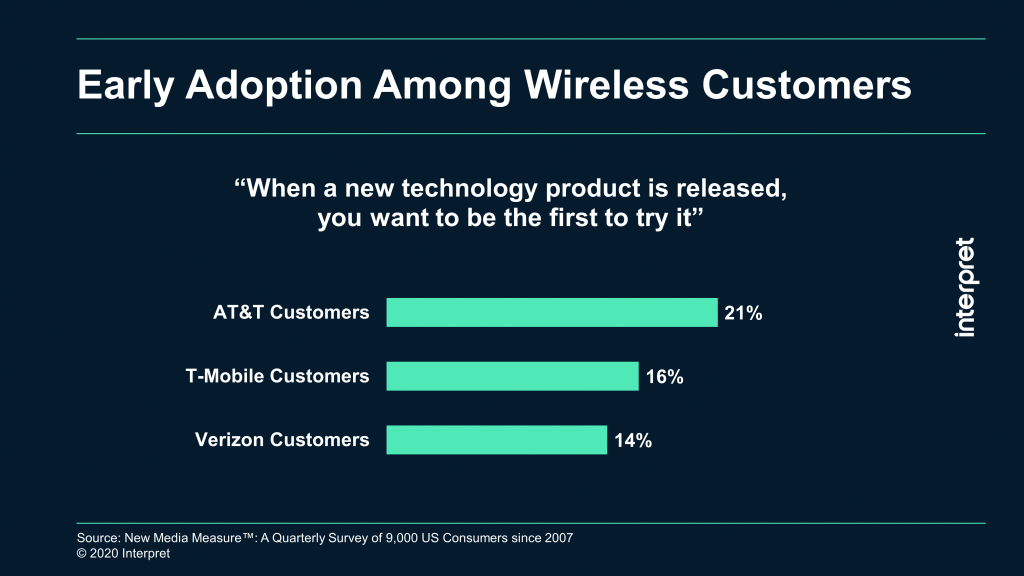5G wireless technology theoretically represents a significant boost to both download and upload speeds over 4G LTE, but the necessary infrastructure has taken some time to build out, and major wireless carriers are working on three distinct varieties: low-band, mid-band, and millimeter-wave. It’s the latter that can usher in 1 gigabit per second speeds, but millimeter-wave is also limited in range and its signal is easily blocked by physical structures. Conversely, low-band is far easier to deploy, but its speeds are only a tick better than LTE. Mid-band is a compromise between the extremes and could be where we see the most action from T-Mobile, AT&T and Verizon.
2020 marks the first year in which the three leading wireless carriers will all offer expanded 5G service coverage in the US, while heavily marketing their respective services as the “best.” Each company has its own requirements in terms of plans that provide 5G, but there’s no getting around the fact that the new technology is going to cost customers a pretty penny to upgrade. First, any person looking to use 5G will need to purchase a 5G-capable phone. Most people do not own a phone with 5G capability yet, and these high-end models are some of the more expensive ones on the market – Apple has yet to introduce an iPhone with 5G support, but that’s expected to change this month.
For Verizon and AT&T, as CNET points out, customers will need an unlimited plan to take advantage of 5G, whereas T-Mobile offers the service to any of its subscribers, including newly onboarded Sprint users. From a demographic standpoint, however, AT&T could have an advantage. Interpret’s New Media Measure® shows that the AT&T userbase has a greater percentage of high income households than Verizon or T-Mobile, with more than a quarter (26%) earning over $100,000 annually. Moreover, when it comes to early adopter mentality, AT&T users show significantly more interest in being the “first to try” new technologies.
“Mobile operators will be creative in their marketing campaigns and 5G service bundles,” said Harry Wang, SVP of Strategy and Insights at Interpret. “If the wireless market is a high-stakes poker game, 5G is the operator’s most important card to play.”




